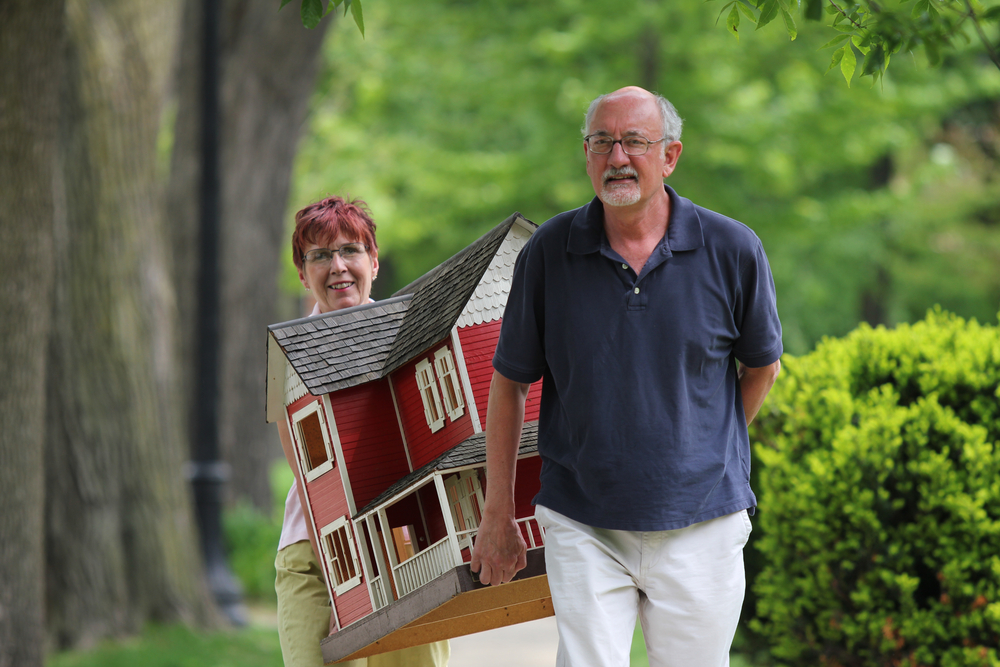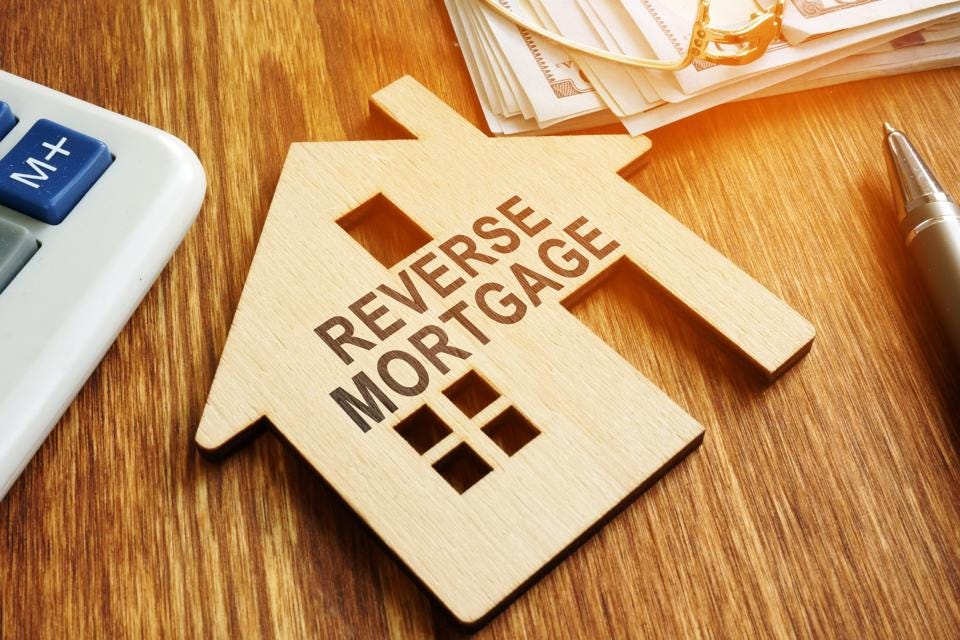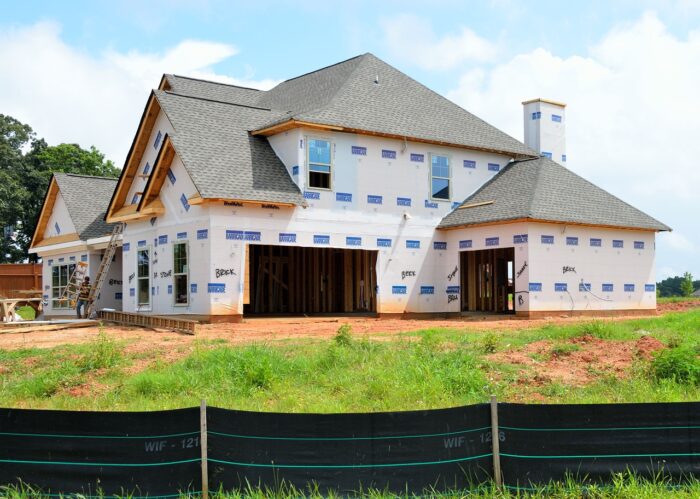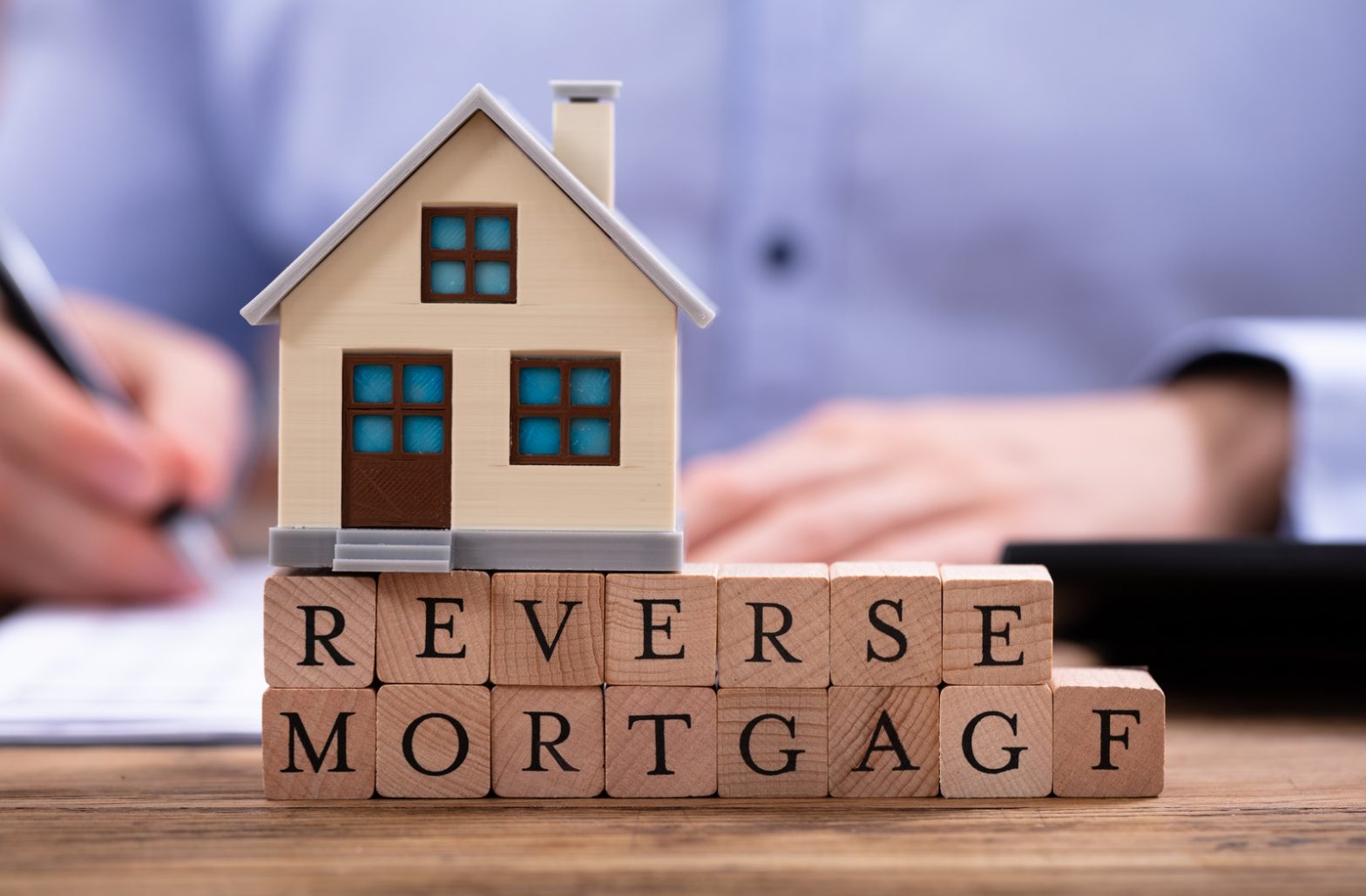If your home has accumulated equity and you are getting older, one way you can tap into your home’s equity is to take a reverse mortgage. However, before you take a serious step to finalize the deal, you need to have reverse mortgages explained to you by an expert. This can help you understand how they work and what to expect. You also get to know some of the consequences you may meet in taking such loans.

Reverse Mortgages Explained
To begin with, a reverse mortgage is a form of financial option that enables you to benefit from the equity your home generates while you still have the opportunity to stay in the home. When you take a conventional mortgage to buy a home, you pay off the loan within a given period. After all the expenses are paid off, your home value builds gradually based on the prevailing property value appreciation.
Now, a reverse mortgage is simply a reverse of the process. You receive funds from your lender instead of making monthly repayments. You take a debt from your home’s equity, receive regular payments, and you still occupy the home. However, you remain responsible for any property taxes, insurance premiums, and any maintenance that the property may need.
Eligibility for reverse mortgage
When you hire an expert to have reverse mortgages explained, you can realize that the loans are not just for everyone. In most cases, experts recommend a reverse mortgage for seniors, who also must meet certain conditions in order to acquire the loans.
For instance, to be eligible, you should be at least 62 years or older. This condition applies to all the owner and co-owners or co-borrowers included in the reverse mortgage plan. In addition, the borrower must be using the property as the principal residence in order to qualify for a reverse mortgage loan.
Some of the properties eligible for a reverse mortgage include:
- Single-family homes
- Multi-family homes
- Townhouses
- Condominiums
- Selected mobile houses
Once approved, you as the borrower are responsible for any taxes and maintenance of the property. You can use part of the proceeds from reverse mortgage to pay for such services.

How do they reverse mortgages work?
Once you identify a lender, a financial assessment must be conducted to determine your suitability for the loan. All HECM reverse mortgages come with their financial obligations that you need to meet before you can qualify. The financial assessment is part of the process and it includes:
- A review of your credit history
- Your income status
- Current debts
- Your cash flow situation
If you do not meet the obligations of your lender, your application may not go through. The assessment also depends on the type of lender you deal with and the type of reverse mortgage loan package that you select.
Are reverse mortgages good or bad?
The answer depends on the reasons you have as a borrower, for taking the loan. If you are older, above 62 years, then taking a reverse mortgage loan would be a nice alternative to meet your cash needs in old age. However, for a person younger than 60 years, it may not be a good option because it decreases your home’s equity, which can be your financial security in old age.
Latest posts
- The Importance of Outsourcing for Small Businesses: Strategies to Maximize Your Investments

- Understanding Investment Property Financing: A Comprehensive Guide for New Investors

- The Home Construction Process: A Step-by-Step Guide from Start to Finish

- The Benefits of Professional Property Management: Maximizing Your Real Estate Investments

